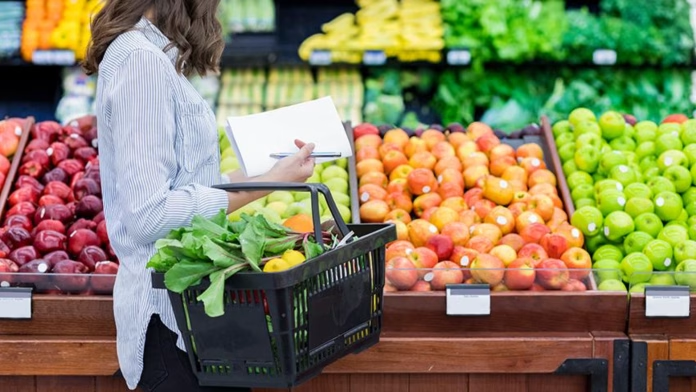Coles and Woolworths, the two leading supermarket chains in Australia, have asserted the validity of their pricing approaches following the announcement that the country’s parliament will conduct an inquiry into allegations of price-gouging or profiteering, as claimed by a major political party.
Coles indicated that its inflation rate has been consistently decreasing, especially in crucial staple categories, while Woolworths emphasized its commitment to providing savings for its customers.
On December 4th, it was disclosed that a Senate-led investigation will scrutinize the involvement of the country’s two major grocery chains during a period of inflation characterized by rapidly increasing food expenses.
The Greens party in Australia, set to spearhead the inquiry, stated that it will thoroughly examine the influence of market concentration on food prices and analyze the patterns of pricing strategies employed by the supermarket duopoly.
The comprehensive review, backed by bipartisan support, will additionally evaluate the surge in prices for essential items, assess the legitimacy of provided discounts, and scrutinize the “inflation of profits during economic hardship.”
Greens economic justice spokesperson Senator Nick McKim said, “Coles and Woolworths are making billions in profits by price-gouging in a cost-of-living crisis.”
“For too long the big supermarkets have had too much market power. This allows them to dictate prices and terms that are hitting people hard. It’s time to smash the duopoly.”
However, when questioned about their stance on the inquiry, Coles and Woolworths both dismissed the allegations of profiteering.
A Coles spokesperson said, “Having a profitable business means Coles can continue to serve Australians, invest in our stores, employ the 120,000 team members we employ, pay taxes in Australia, pay dividends to our hundreds of thousands of mum and dad shareholders and ensure long-term sustainable relationships with our suppliers.
“It also puts us in a position to invest in value like Great Value Hands Down, thousands of weekly specials, our Flybuys programme for our customers to save and have confidence they can buy good food in our supermarkets.
“Coles is also not immune to the increased cost of doing business – construction costs, energy prices, the cost of logistics and packaging have all risen. Our suppliers are also challenged with many of the same increases and, rightly so, we have experienced a greater volume of supplier price increase requests which we have to balance.”
A Woolworths spokesperson said: “We know Australians are feeling the strain of cost of living and we are working to deliver relief in their weekly grocery shop.
“As we start to see the rate of inflation ease, we will continue to focus on delivering savings to our customers.
“We are committed to offering our customers value while working with our suppliers to sensitively manage economy-wide inflationary pressures.”
The Greens’ initiative is among several government inquiries addressing issues related to the cost of living and pricing in Australia.
In accordance with its terms of reference, the inquiry will examine the pricing practices and market influence of major supermarkets. It will investigate the impact of market concentration on the pricing of food and groceries, as well as analyze the patterns of price-setting employed by the two major supermarket chains.
The probe will also look at rising supermarket profits, the increase in the prices of essential items and the prevalence of “opportunistic pricing, price mark-ups and discounts that aren’t discounts”.
The supermarkets will also face scrutiny on the contribution of own-brand products to their market position, the use of technology and automation to “extract cost-savings” from consumers and employees and any potential improvements that could be made to the regulatory framework to deliver lower prices for food and other groceries.
It will also look at frameworks to protect suppliers when interacting with the major retailers.
Coles and Woolworths control about two-thirds of the Australian grocery market, while the German discounter Aldi has a share of just over 10%.
In October, it was announced food price rises had eased in Australia in the third quarter. They increased by 0.6% during the period, marking the softest quarterly rise since September 2021.
But in the 12 months to September, food and non-alcoholic beverage prices rose 4.8%, up from the rise of 4.4% in August.





